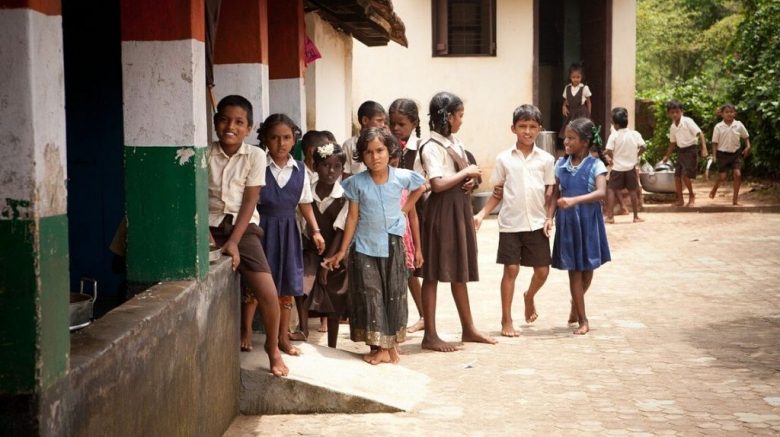For more than two months now, all schools, colleges, and educational institutions in India have been shut, adversely impacting more than 32 crore students across the country. While some schools have shifted to online teaching, low-cost private and government schools do not have the resources to do so. Students, on the other hand, who are under social stress during the lockdown, are not only missing out on their education, but no longer have access to healthy meals and other resources that they had earlier.
A nonprofit, Dream a Dream, conducted a survey with schools in Karnataka, to gauge the impact of COVID-19 on them, and understand their concerns as well as the support they would require to get teaching and learning back on track. The survey was administered to a total of 853 school principals, heads of institutions, and teachers (of three types of schools in the state, as shown below). About 75 percent of the schools were located in rural areas and the rest were in urban areas.
Here are highlights from the report
There are five major areas in which schools from the survey have requested support:
The Karnataka government had decided to schedule board exams in end-June. However, the schools surveyed are not ready for the exams—they fear that students would not be able to clear them, given the lack of proper training or mock exams. Many students have also moved back to their home towns or villages due to the lockdown, and schools are unable to contact them.

